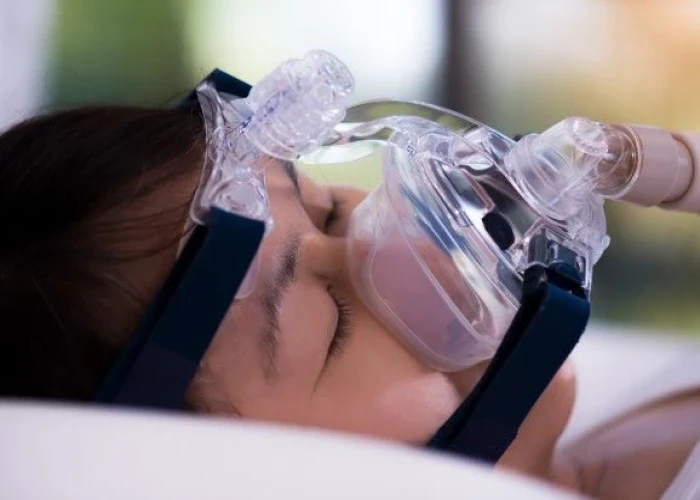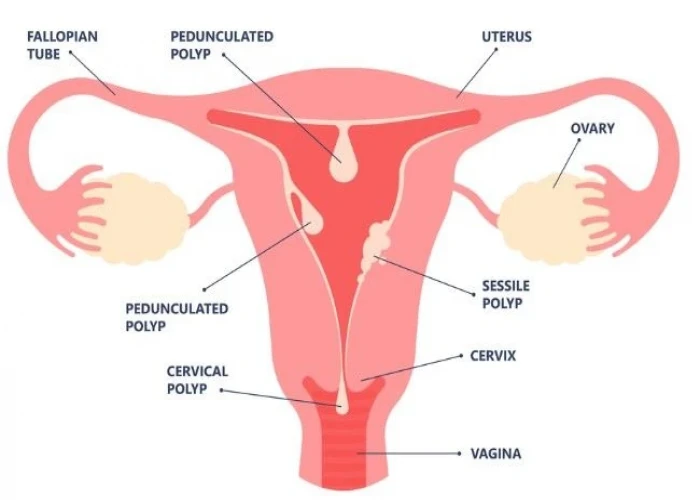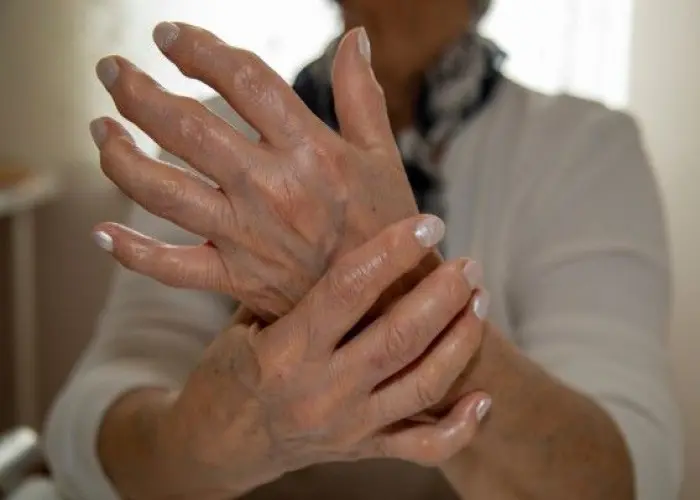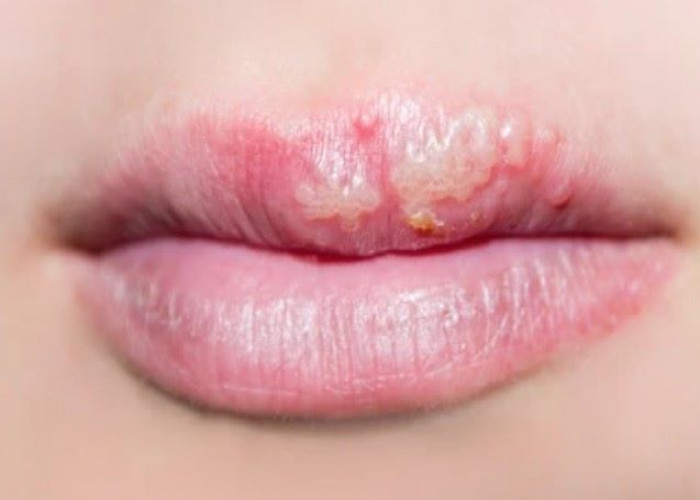 Welcome
Welcome
“May all be happy, may all be healed, may all be at peace and may no one ever suffer."
Cold sore

A cold sore, also known as a fever blister, is a small, painful blister that typically appears on or around the lips, but can also occur on the chin, cheeks, or inside the mouth. Cold sores are caused by the herpes simplex virus (HSV), which is highly contagious and can be easily spread through contact with an infected person.
Cold sores typically start with a tingling or burning sensation, followed by the appearance of a small, fluid-filled blister. The blister may burst and form a scab, which can take several days to heal. Cold sores are often accompanied by other symptoms, such as fever, swollen glands, and a sore throat.
There is no cure for the herpes simplex virus, and once a person is infected, the virus remains in the body and can reactivate at any time, leading to the development of new cold sores. However, certain medications, such as antiviral drugs like acyclovir, can help reduce the frequency and severity of outbreaks.
To prevent the spread of cold sores, it is important to avoid close contact with others when you have an active outbreak and to avoid sharing personal items, such as towels, utensils, or lip balm, that may have come into contact with the virus. Good hand hygiene is also important to prevent the spread of the virus.
While cold sores can be painful and inconvenient, they typically do not cause serious health problems in otherwise healthy individuals. However, in people with weakened immune systems, such as those with HIV or cancer, cold sores may be more severe and can lead to complications, such as encephalitis, a potentially life-threatening infection of the brain.
Research Papers
Disease Signs and Symptoms
- Tingling in mouth
- Itching
- Fever
- Gum pain
- Sore throat
- Headaches
- Muscle pain
- Swollen lymph nodes
Disease Causes
Cold sore
Cold sores are caused by certain strains of the herpes simplex virus (HSV). HSV-1 usually causes cold sores. HSV-2 is usually responsible for genital herpes. But either type can spread to the face or genitals through close contact, such as kissing or oral sex. Shared eating utensils, razors and towels might also spread HSV-1.
Cold sores are most contagious when you have oozing blisters because the virus easily spreads through contact with infected body fluids. But you can spread the virus even if you don't have blisters. Many people who are infected with the virus that causes cold sores never develop signs and symptoms.
Once you've had an episode of herpes infection, the virus lies dormant in nerve cells in your skin and may emerge as another cold sore at the same place as before. Recurrence may be triggered by:
- Viral infection or fever
- Hormonal changes, such as those related to menstruation
- Stress
- Fatigue
- Exposure to sunlight and wind
- Changes in the immune system
- Injury to the skin
Disease Prevents
Cold sore
Your doctor may prescribe an antiviral medication for you to take on a regular basis if you develop cold sores more than nine times a year or if you're at high risk of serious complications. If sunlight seems to trigger your recurrences, apply sunblock to the spot where the cold sore tends to erupt. Or talk with your doctor about using an oral antiviral drug as a preventive if you expect to be doing an activity that tends to trigger your condition, such as intense sunlight exposure.
To help avoid spreading cold sores to other people or to other parts of your body, you might try some of the following precautions:
- Avoid kissing and skin contact with people while blisters are present. The virus spreads most easily when the blisters leak fluid.
- Avoid sharing items. Utensils, towels, lip balm and other personal items can spread the virus when blisters are present.
- Keep your hands clean. When you have a cold sore, wash your hands carefully before touching yourself and other people, especially babies.
Disease Treatments
Disease Diagnoses
Disease Allopathic Generics
Disease Ayurvedic Generics
Disease Homeopathic Generics
Disease yoga
Cold sore and Learn More about Diseases

Pediatric obstructive sleep apnea

Preterm labor

Vasovagal syncope

Solitary rectal ulcer syndrome

Menorrhagia (Heavy menstrual bleeding)

Guillain-Barre syndrome

Bedbugs

Body lice
Cold sore, Cold sore treatment, Herpes labialis treatment, ঠান্ডা কালশিটে
To be happy, beautiful, healthy, wealthy, hale and long-lived stay with DM3S.
